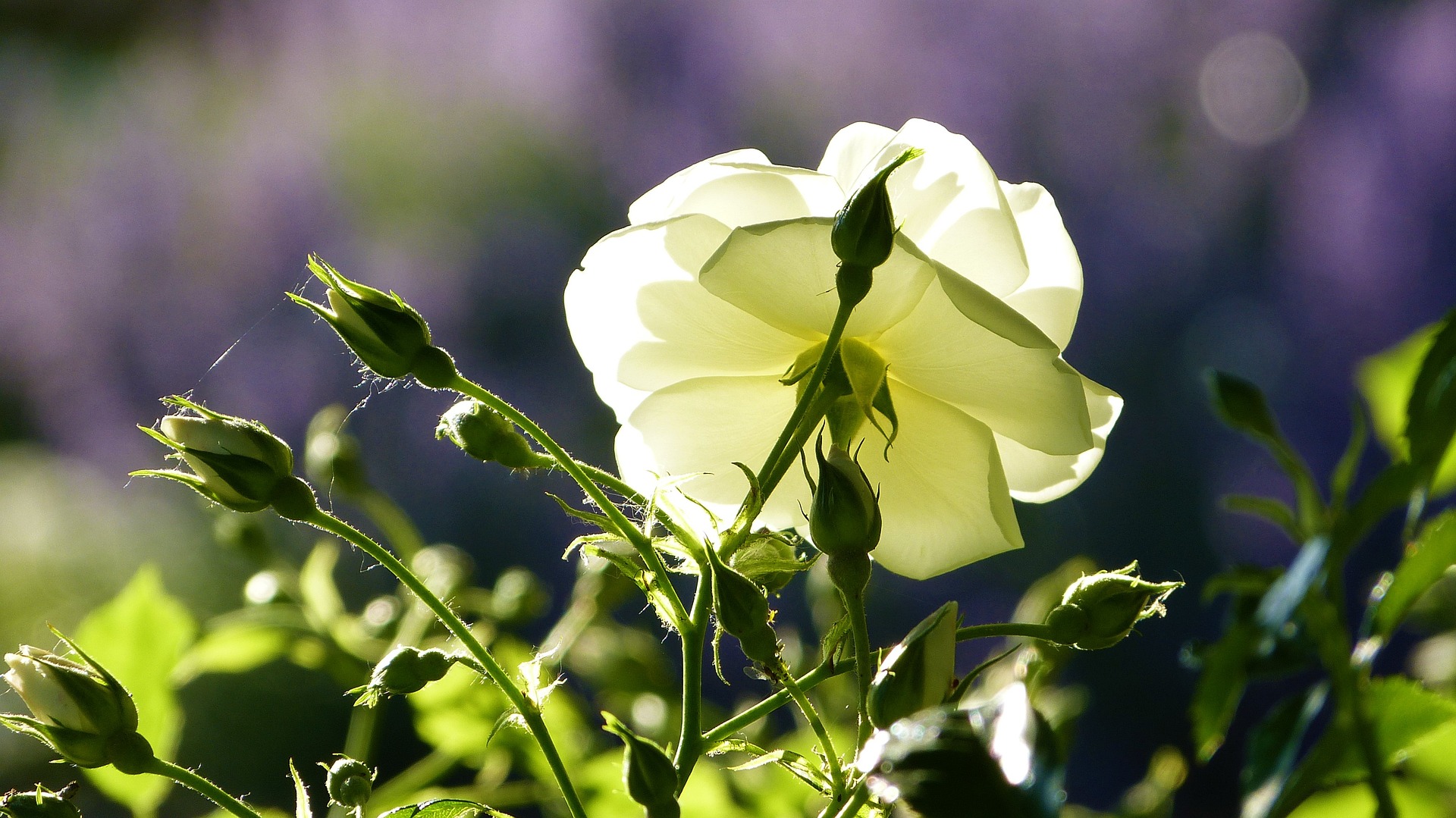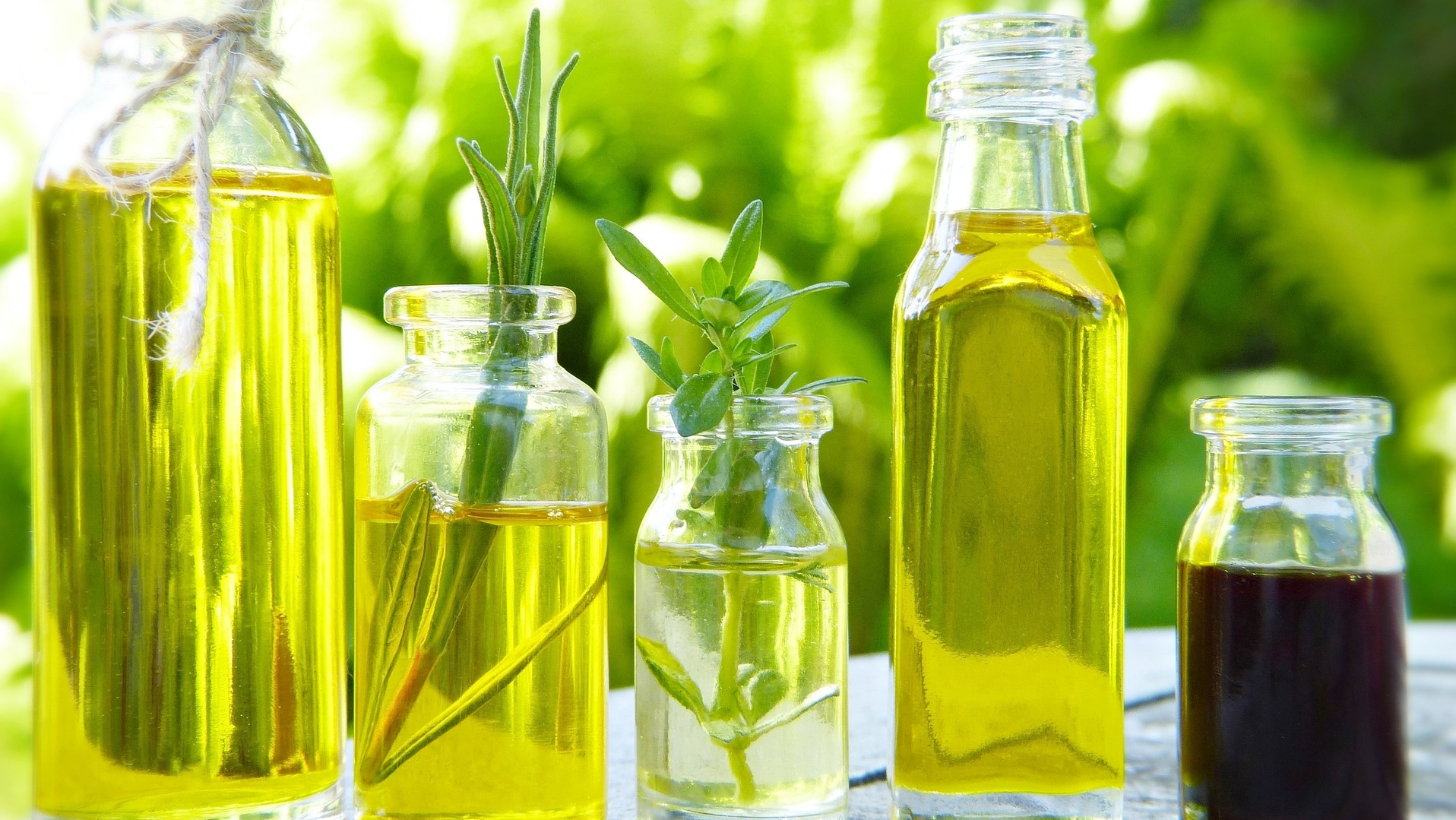Essential Oils vs. Fragrance Oils: What's the Difference?
When you hear terms like "essential oils" and "fragrance oils," it's easy to think they're interchangeable. After all, both can smell incredible and are used in products we love, from candles to lotions. But these two types of oils are vastly different in their origins, uses, and benefits. Understanding the differences is essential, especially if you're interested in aromatherapy or natural wellness.
Let's dive into the fascinating world of essential and fragrance oils to help you choose the best option for your needs.
What Are Essential Oils?
Essential oils are nature's gift, extracted through the distillation of plants such as flowers, herbs, roots, or resins. They are 100% pure, highly concentrated oils that contain the essence of the plant's aroma and therapeutic properties. No additives, carrier oils, or chemicals dilute their potency.
What Makes Them Special?
Therapeutic Benefits: Essential oils offer multiple health benefits. For instance:
- Lavender: Reduces stress, promotes sleep, and soothes skin irritations.
- Eucalyptus: Clears nasal passages and improves respiratory health.
- Tea Tree: Fights acne, soothe minor cuts, and combats fungal infections.
How They Work: Essential oils can be inhaled or applied topically when diluted with a carrier oil (like sweet almond or grapeseed oil). Inhalation allows the molecules to interact with the brain and body, while topical application helps them enter the bloodstream.
The Purity Factor
Choose pure essential oils to enjoy therapeutic benefits. These oils retain the plant's natural compounds, offering fragrance and healing properties. Beware of impostors labeled as "fragrance oil" or "perfume oil."
What Are Fragrance Oils?
On the other hand, fragrance oils are typically synthetic blends created to mimic specific scents. While they may include some natural ingredients, they mainly contain chemicals. While they smell pleasant, they lack the therapeutic benefits of essential oils.
Where Are They Used?
Fragrance oils are commonly found in:
- Perfumes
- Candles
- Soap and shampoo
- Air fresheners
Why Choose Fragrance Oils?
- Cost-Effective: Fragrance oils are much cheaper than essential oils, making them a budget-friendly option for crafting or scenting your home.
- Variety of Scents: You'll find a seemingly endless array of scents, from "Pumpkin Spice" to "Ocean Breeze," which may not exist naturally.
- Stability: Fragrance oils often have a longer-lasting scent than their natural counterparts.
Essential Oils vs. Fragrance Oils: The Key Differences
| Feature | Essential Oils | Fragrance Oils |
|---|---|---|
| Source | Extracted from plants through distillation or cold pressing. | Primarily synthetic, sometimes with natural additives. |
| Therapeutic Benefits | Yes, it includes physical and emotional healing properties. | No therapeutic benefits. |
| Cost | It is more expensive due to purity and concentration. | Affordable and widely available. |
| Uses | Aromatherapy, skincare, massage, and wellness. | Scenting candles, perfumes, and other products. |
| Examples | Lavender, eucalyptus, tea tree. | Vanilla cupcake, ocean breeze, pumpkin spice. |
Why Choose Essential Oils?
Essential oils are the clear winner if you want more than just a pleasant smell. They are ideal for:
- Aromatherapy: Enhance relaxation, focus, or energy with diffusers.
- Skincare: Address issues like acne, dryness, or inflammation with proper dilution.
- Home Remedies: Treat minor ailments such as headaches, colds, or sore muscles.
- Mood Enhancement: Uplift your spirits or calm anxiety naturally.
How to Spot Quality Essential Oils
When shopping, avoid misleading labels like "fragrance oil," "nature identical," or "perfume oil." Look for:
- 100% Pure Essential Oil: This ensures no additives or chemicals exist.
- Latin Names: Authentic oils will list the plant's botanical name.
- Reputable Brands: Choose brands with transparent sourcing and distillation practices.
Why Choose Fragrance Oils?
Fragrance oils are a great choice if your goal is to enjoy a pleasant scent without breaking the bank. They work well for:
- Crafting: Add scents to homemade candles, soaps, or bath bombs.
- Everyday Products: Use air fresheners or cleaning products to keep your home smelling fresh.
- Gifting: Create custom-scented items like perfumes or lotions.
However, it's important to note that fragrance oils are for scent only and do not offer healing or wellness benefits.
How to Use Essential Oils
Aromatherapy
- Add 3–5 drops to a diffuser with water to create a calming or invigorating atmosphere.
Examples:
- Relaxation: Lavender or chamomile.
- Focus: Peppermint or rosemary.
Topical Application
- Always dilute essential oils with carrier oil before applying them to the skin to avoid irritation.
Example:
- Mix 2–3 drops of tea tree oil with 1 tablespoon coconut oil for a DIY acne treatment.
- Use eucalyptus oil in massage for muscle relaxation.
Baths
Example:
- Combine 5–10 drops of essential oil with Epsom salts or carrier oil before adding it to your bathwater.
How to Use Fragrance Oils
Candle Making
- Add fragrance oil to the melted wax, following the manufacturer's instructions for proper ratios.
Example:
- Use a fragrance oil blend like "Vanilla and Cinnamon" for cozy fall candles.
Air Fresheners
- Mix a few drops of fragrance oil with water in a spray bottle to create a room mist.
DIY Soaps and Lotions
- Add fragrance oil to unscented soap or lotion bases for a personalized touch.
Safety Tips for Essential and Fragrance Oils
- Dilution is Key: Essential oils are highly concentrated and can cause skin irritation if undiluted.
- Avoid Ingestion: Only take essential oils internally if directed by a qualified healthcare provider.
- Patch Test: Test oils on a small skin area before widespread use to check for allergic reactions.
- Storage: Keep essential and fragrance oils in dark, cool places to preserve quality.
- Not Interchangeable: Use fragrance oils and essential oils appropriately. They are not interchangeable.
Final Thoughts
Whether you choose essential oils or fragrance oils depends on your goals. Essential oils are the best choice if you seek therapeutic benefits or a natural approach to wellness. However, fragrance oils are a great choice if you're looking for a budget-friendly way to add delightful scents to your home or crafts.
Understanding the differences allows you to make informed decisions and enjoy the best of what each type of oil offers. Whether crafting a calming lavender diffuser blend or creating a cozy cinnamon candle, essential oils, and fragrance oils can add a touch of magic to your everyday life.







